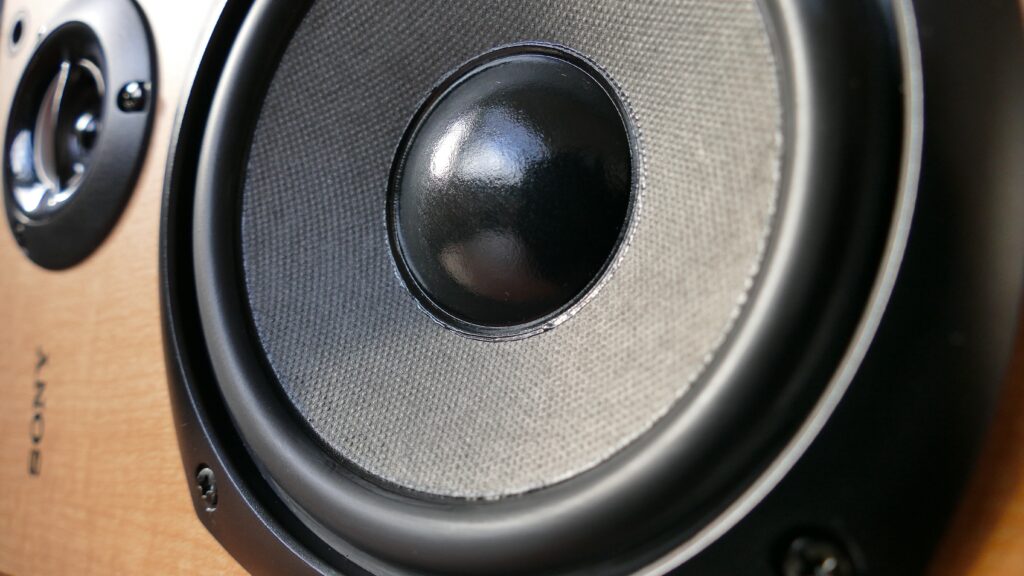Happiness is the ultimate source of living. It comes from within. I’m referring to true happiness that lasts forever. We don’t have to search for it in reasons; it’s always there with you, whether in good days or bad days. Let’s explore this further.
Reclaiming Control Over Your Happiness

At times, we can feel so disoriented that we search for happiness in socializing, entertainment, friends, gatherings, family, children, and our professional lives. I’m not trying to suggest that we shouldn’t interact with people; obviously, it’s essential to do so. But take a break and reflect: Don’t you feel disappointed when cherished plans fall through, like missing a movie, having a friend turn their back on you, a family member being rude, your children not being obedient or displaying a lack of respect, or your hard work going unrecognized and even being compared to someone else by your boss? What has happened to our happiness in these situations? Don’t we often find ourselves being influenced by the reactions of those around us? Haven’t we become mere puppets, reacting to the behavior of others? Haven’t we given control of our lives to other people? They can switch channels anytime they want, and we end up showing them what they want to see. Our moods rise and fall depending on their approval or disapproval.
Before proceeding, take a moment to reflect and consider: Is that what you want to happen to you for the rest of your life?
Exploring the Science Behind Happiness

Scientifically, happiness is associated with a positive hormone in the body called ‘Dopamine.’ The logic is simple: when we are happy, this positive hormone is released in our body, providing us with a sense of peace. Conversely, when we are sad, due to our lack of control over our own thoughts, the negative hormone ‘Cortisol’ is released in our body. As a result, we feel tired, lethargic, and disconnected from the world.
The point is, if you continue relying on external influences to determine your emotional state, constantly trading off between feeling happy and sad based on what’s happening around you, how can you ever achieve lasting happiness?
That is the purpose of our existence here. As I mentioned previously, the only genuine source of infinite happiness resides within oneself. Let’s learn the rules:
Spiritual Connection with Happiness

RULE 1: Respond with kindness when someone says something negative to you; reply with two positive words if they utter one negative word.
RULE 2: If someone ignores you, avoid asking why. Instead, let your importance be felt by maintaining silence and inner peace, not by pursuing them.
RULE 3: When someone inflicts significant harm upon you, it’s not always necessary to confront them. Consider forgiving them in your heart to find peace of mind and move forward in life without carrying emotional burdens. Don’t wait for them to apologize; release yourself from negative energy by forgiving them gracefully, for your inner peace.
RULE 4: If you realize you’ve made a mistake, don’t hesitate to apologize immediately.
RULE 5: Remove words such as “Compare,” “Critique,” and “Complain” from your vocabulary. Distance yourself from people who possess these traits.
RULE 6: Incorporate as many positive words as you can, including “LOVE,” “patience,” “waiting,” “forgiveness,” “punctuality,” “self-awareness,” “focus,” “discipline,” “growth,” “willpower,” “overcoming,” “right action,” “direction,” “intelligence,” “gratitude,” “power,” and “GOD.” Surround yourself with people who embody these qualities.
RULE 7: Don’t accept everything that comes your way. For instance, if someone directs abuse at you, remember that their words cannot be taken back. You have two choices: respond with even harsher words or refuse to let their words affect you. Reacting or responding means you are accepting their words. As Eleanor Roosevelt observed, “No one can hurt you without your consent.” In the words of Mahatma Gandhi, “They can’t take away our self-respect if we do not give it to them.”
RULE 8: Love! Embed this word deeply in your life. Love everything you possess: your breath (a sign that you’re alive), your eyes (a sign that you can see), your ears (a sign that you can hear), your hands (a sign that you can write, drive, eat), your legs (a sign that you can walk, drive, reach places independently). Embrace and appreciate everything you have. Seek love in your possessions, no matter how small, and express gratitude for them.
Love as the Essence of Happiness

There is another type of love that people often associate with romantic relationships—what a girl feels for a boy or vice versa, often referred to as ‘love birds.’ While they are together, they call it love, but as soon as they separate, it becomes a breakup, divorce, or separation.
Why does this happen?
Because they are reacting based on their emotions and feelings. It’s not true love; rather, it’s a fleeting emotion for them.
On the other hand, one can still love someone they are not physically with. If you require someone’s physical presence to feel love, then it may not truly be love. This is a complex topic that I will explore in a separate blog post. As Stephen R. Covey mentions in his book ‘The 7 Habits of Highly Effective People,’ ‘Proactive people make love a verb. Love is something you do. It can be recaptured.‘
Feelings are not synonymous with love. Real love is unconditional, like a mother’s love for her children. Love should have no expectations. When you remove conditions and motives from your love, it becomes eternal.
The more you love, the more it grows within you, and the more you give, the happier you become.











Pingback: Feeling overwhelmed? Learning how to cope with stress, uncertainty, and sad moods is essential - Reach out to your inner self.